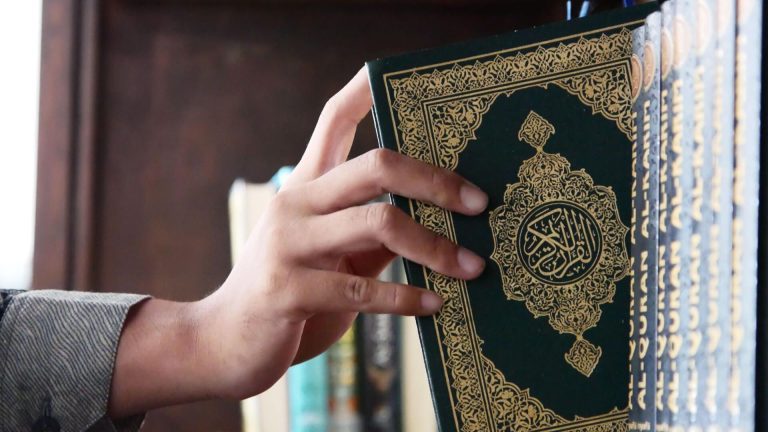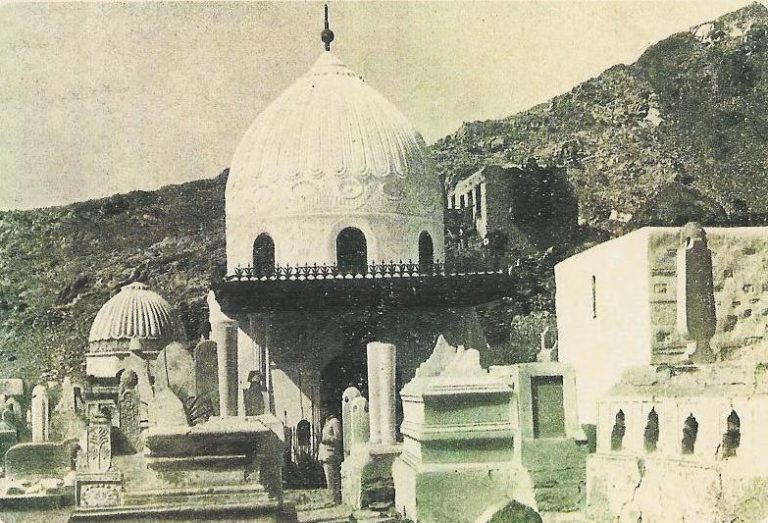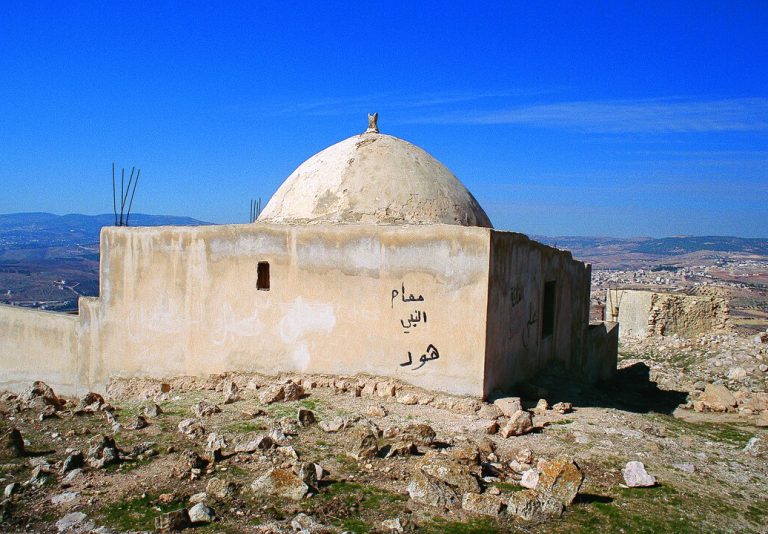Introduction to Prophet Muhammad (peace be upon him)
Early Life and Background
Prophet Muhammad, known as the final messenger in Islam, was born in Mecca in 570 CE. He was born into the Quraysh tribe, a prominent tribe in Mecca. His father, Abdullah, passed away before his birth, and his mother, Aminah, died when he was six years old. After the death of his grandfather and guardian, Abdul-Muttalib, Muhammad was taken in by his uncle, Abu Talib, a respected leader of the Quraysh.
The Prophetic Mission Begins
At the age of 40, Muhammad received his first revelation from Allah through the angel Gabriel while meditating in the cave of Hira. This event marked the beginning of his prophetic mission. Initially, he faced opposition and persecution from the Quraysh tribe for preaching monotheism and denouncing idol worship. Despite the challenges, Muhammad continued to spread the message of Islam.
Major Accomplishments and Events
Throughout his life, Prophet Muhammad faced numerous trials and tribulations, including battles, migrations, and diplomatic negotiations. Despite these challenges, he successfully united the Arabian Peninsula under the banner of Islam. He established the first Islamic state in Medina and laid the foundation for a just and compassionate society based on the principles of equality, justice, and mercy.
Teachings and Legacy
Social Justice and Equality
Prophet Muhammad emphasized the importance of social justice and equality in all aspects of life. He preached against discrimination based on race, ethnicity, or social status and advocated for the fair treatment of all individuals, regardless of their background. His teachings promoted the welfare of the poor, orphans, and marginalized members of society.
Compassion and Mercy
One of the most prominent aspects of Prophet Muhammad’s character was his compassion and mercy towards all living beings. He demonstrated kindness and empathy towards people of all faiths and backgrounds, even towards those who opposed him. His teachings emphasized forgiveness and reconciliation, encouraging his followers to show mercy and compassion to others.
Spiritual Guidance
Prophet Muhammad provided spiritual guidance to his followers through his words and actions. He taught the importance of worshiping one God and living a righteous life according to the principles of Islam. His exemplary conduct and moral integrity served as a guiding light for his followers, inspiring them to lead virtuous lives and strive for spiritual excellence.
Misconceptions and Clarifications
Addressing Misconceptions
Over the centuries, various misconceptions have arisen about Prophet Muhammad and his teachings. These misconceptions often stem from ignorance, misinterpretation, or deliberate distortion of historical facts. It is essential to address these misconceptions and provide accurate information about the life and legacy of Prophet Muhammad.
Historical Context
To understand Prophet Muhammad’s life and teachings accurately, it is crucial to consider the historical context in which he lived. The Arabian society of the seventh century was characterized by tribalism, ignorance, and moral decadence. Prophet Muhammad’s mission aimed to reform society and establish a just and compassionate community based on the principles of Islam.
Interfaith Dialogue
Prophet Muhammad engaged in dialogue and cooperation with people of different faiths and beliefs, promoting interfaith harmony and understanding. He emphasized the common values shared by Islam, Christianity, and Judaism and encouraged mutual respect and cooperation among followers of different religions. His teachings promote peace, tolerance, and coexistence among diverse communities.
Prophet Muhammad’s Character and Personality
Humility and Modesty
Despite his exalted status as a prophet, Prophet Muhammad remained humble and modest throughout his life. He lived a simple and frugal lifestyle, preferring to spend his time in prayer, meditation, and service to others. His humility endeared him to his followers and earned him the respect and admiration of people from all walks of life.
Leadership Qualities
Prophet Muhammad exemplified exemplary leadership qualities, including integrity, courage, and wisdom. He led by example, inspiring his followers through his words and actions. His leadership style was based on consultation, consensus-building, and empowerment, fostering a sense of unity and solidarity among his followers.
Personal Traits
Prophet Muhammad was known for his exemplary personal traits, including honesty, sincerity, and trustworthiness. He was known as Al-Amin (the trustworthy) by his contemporaries due to his impeccable character and moral integrity. His kindness, generosity, and humility endeared him to all who knew him, earning him the title of “Mercy to the Worlds.”
Influence on History and Culture
Spread of Islam
Prophet Muhammad’s teachings spread rapidly throughout the Arabian Peninsula and beyond, transforming the course of history. Within a century of his death, Islam had spread to regions as far as Spain in the west and India in the east. Today, Islam is the second-largest religion in the world, with over a billion followers worldwide.
Contributions to Civilization
Prophet Muhammad’s teachings had a profound impact on civilization, influencing art, architecture, science, and literature. The Islamic Golden Age witnessed significant advancements in various fields, including mathematics, medicine, astronomy, and philosophy. Muslim scholars preserved and translated ancient Greek and Roman texts, contributing to the intellectual development of humanity.
Contemporary Relevance
Prophet Muhammad’s teachings remain relevant in the modern world, offering guidance on issues ranging from social justice and human rights to environmental conservation and interfaith dialogue. His emphasis on compassion, mercy, and empathy serves as a timeless reminder of the values that unite humanity and transcend cultural and religious boundaries.
Conclusion
Prophet Muhammad (peace be upon him) was a visionary leader, a compassionate teacher, and a beloved messenger of Allah. His life and teachings continue to inspire millions of people around the world, guiding them on the path of righteousness and spiritual enlightenment. As we reflect on his legacy, let us strive to emulate his example of humility, compassion, and service to humanity.
FAQs
Was Prophet Muhammad (peace be upon him) the founder of Islam?
- Yes, Prophet Muhammad is the final messenger in Islam, who received revelations from Allah and spread the message of Islam.
Did Prophet Muhammad (peace be upon him) promote violence?
- No, Prophet Muhammad advocated for peace, justice, and compassion. While he defended the Muslim community against aggression, he always emphasized the importance of peaceful coexistence and reconciliation.
How did Prophet Muhammad (peace be upon him) treat women?
- Prophet Muhammad championed the rights of women and advocated for their dignity and equality. He granted women rights to inheritance, education, and participation in social and political life, setting a precedent for gender equity in Islam.
What is the significance of saying “peace be upon him” after mentioning Prophet Muhammad’s name?
- Saying “peace be upon him” is a sign of respect and reverence for Prophet Muhammad. Muslims say this phrase to invoke blessings upon him as a gesture of honor and love.
What can we learn from Prophet Muhammad’s (peace be upon him) life today?
- Prophet Muhammad’s life teaches us valuable lessons about compassion, empathy, and service to humanity. His example inspires us to strive for excellence in our personal and professional lives, following the principles of Islam to promote peace, justice, and harmony in the world.







